Deputy Prime Minister Le Minh Khai is Chairman of the Mekong Delta Coordination Council.
Prime Minister Pham Minh Chinh signed Decision No. 974/QD-TTg dated August 19, 2023 to establish the Mekong Delta Regional Coordination Council (hereinafter referred to as the Regional Coordination Council) to innovate the regional coordination mechanism and promote sustainable development of the Mekong Delta in response to climate change.
Organizational structure of the Mekong Delta Coordination Council
The Regional Coordination Council is an inter-sectoral coordination organization established by decision of the Prime Minister, performing the function of assisting the Prime Minister in researching, directing, and coordinating the resolution of important inter-sectoral tasks on regional connectivity and sustainable development of the Mekong Delta.
Deputy Prime Minister Le Minh Khai is Chairman of the Regional Coordination Council.
The Vice Chairmen of the Regional Coordination Council include: Minister of Planning and Investment (Permanent Vice Chairman); Minister of Natural Resources and Environment; Minister of Agriculture and Rural Development; Minister of Transport.
The members include:
+ Deputy Ministers and equivalents of Ministries and ministerial-level agencies: Planning and Investment, Finance, Industry and Trade, Construction, Science and Technology, Information and Communications, Health, Education and Training, Public Security, National Defense, Government Office.
+ Chairman of the People's Committees of provinces and centrally run cities: Can Tho, Long An, Tien Giang, Ben Tre, Tra Vinh, Vinh Long, Soc Trang, Hau Giang, An Giang, Dong Thap, Kien Giang, Bac Lieu and Ca Mau.
The Regional Coordination Council may establish sub-committees to act as focal points for coordination by sector, field or sub-region. The sub-committees shall be organized and operate on a part-time basis as determined by the Chairman of the Regional Coordination Council.
The staff and support apparatus of the Regional Coordination Council, ministries, People's Committees of provinces and centrally-run cities includes: Office of the Regional Coordination Council, Ministry-level Coordination Team, Provincial-level Coordination Team and Advisory Expert Team.
The Ministry of Planning and Investment is the standing body of the Regional Coordination Council. The Ministry of Planning and Investment established the Office of the Regional Coordination Council. The staff of the Office of the Regional Coordination Council is part of the staff of the Ministry of Planning and Investment and operates on a part-time basis.
Duties and powers of the Regional Coordinating Council
The Regional Coordination Council is responsible for coordinating activities in establishing, adjusting and organizing the implementation of the National Plan within the relevant scope, the Mekong Delta regional plan, and the planning of provinces and cities in the Mekong Delta region for the period 2021-2030, with a vision to 2050.
In addition, research and propose institutions, mechanisms and policies for the development of the Mekong Delta, promote regional and sub-regional linkages to ensure that regulations, mechanisms and policies for regional and sub-regional linkages are implemented synchronously, consistently, effectively, and with discipline.
Coordinate activities to synchronously develop the socio-economic infrastructure system, prioritizing the transport infrastructure system. Research and propose the establishment of a regional infrastructure development fund.
Guide and support localities in the region to resolve inter-provincial and municipal issues beyond the authority of each locality in the region.
Coordinate with Ho Chi Minh City and other regions in socio-economic development cooperation of inter-regional nature.
Coordinate activities to link production, processing and consumption of products according to the value chain for agricultural products; focus on building brands for key products with strengths of the Region including: Rice, fruits and seafood.
Coordinate irrigation system activities for irrigation; flood prevention; control of saltwater intrusion; management, exploitation, use and protection of water resources; improve efficiency of water use for daily life, agricultural production and aquaculture in the dry season; build and upgrade sea dyke systems, embankments, sluices, dams, mangrove belts and environmental protection projects to adapt to climate change.
Promote and support the formation and development of Business Associations and Industry Associations, Alliance Associations, and Cooperative Unions in the entire region.
Decide on the use of financial resources and other resources assigned to perform the functions, tasks and powers of the Regional Council.
Source


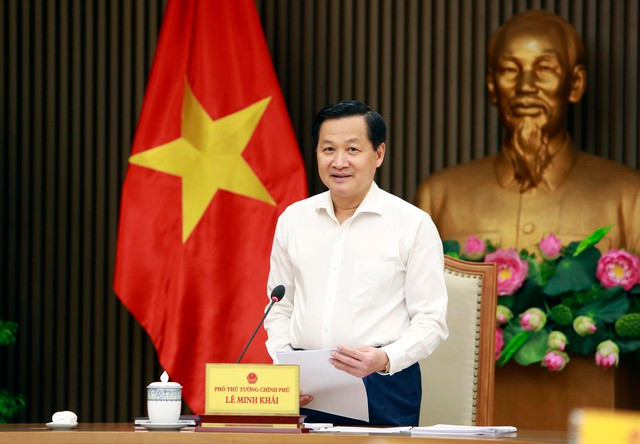
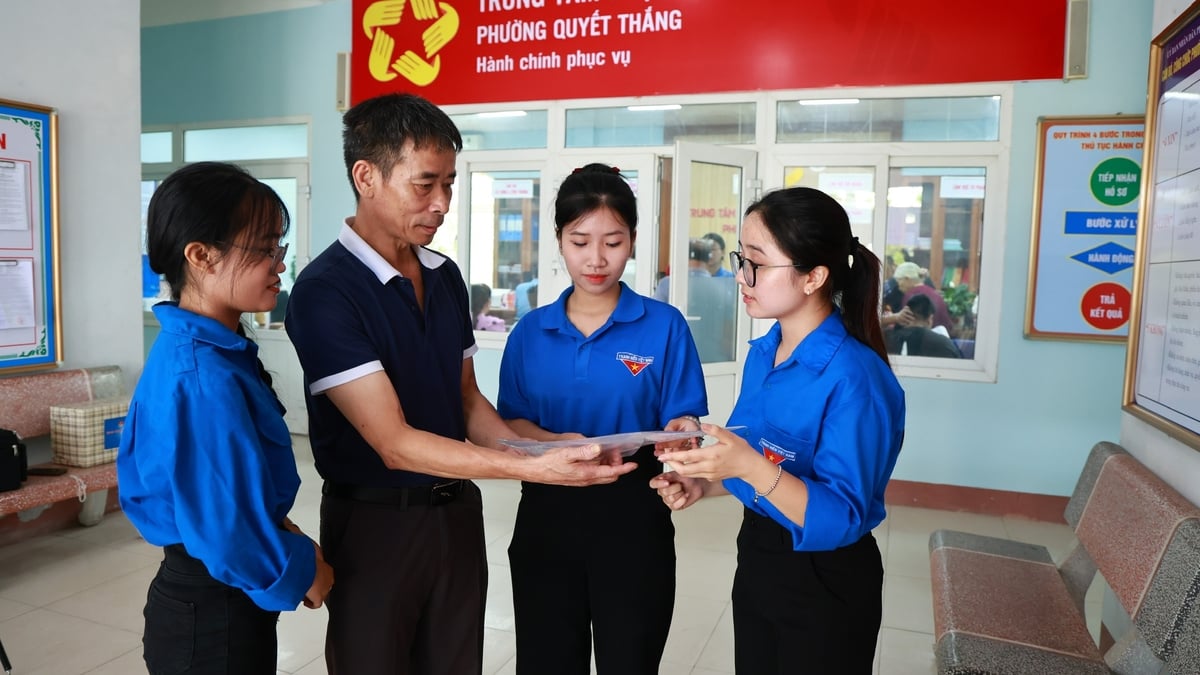


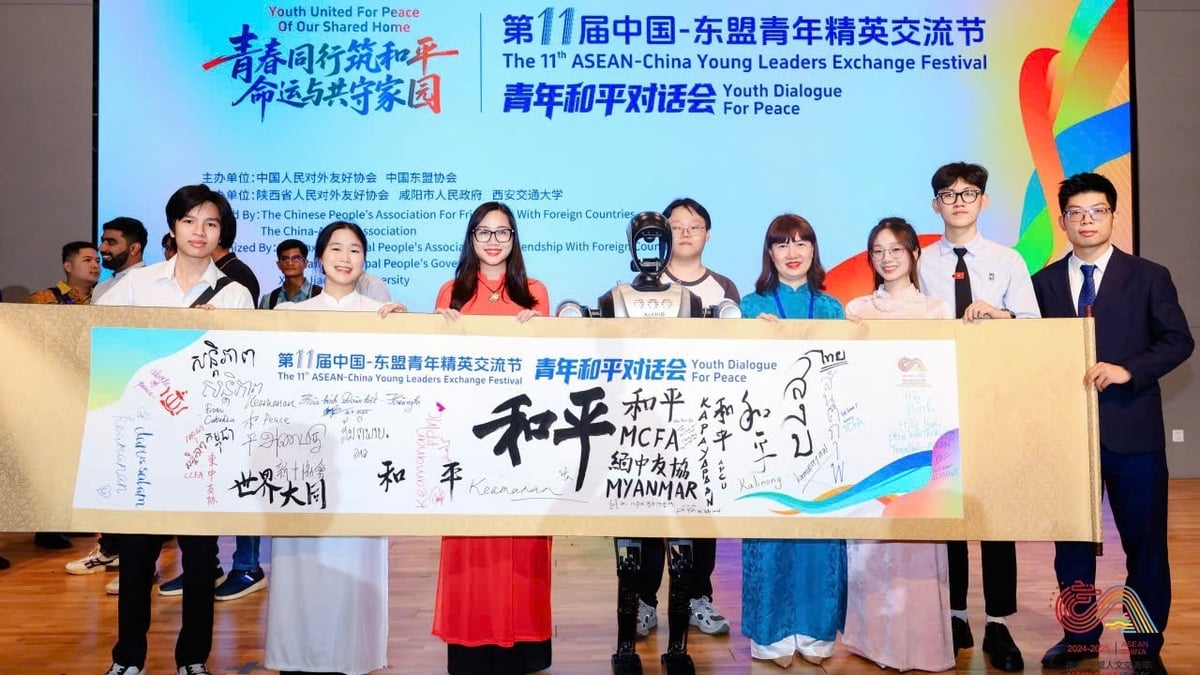
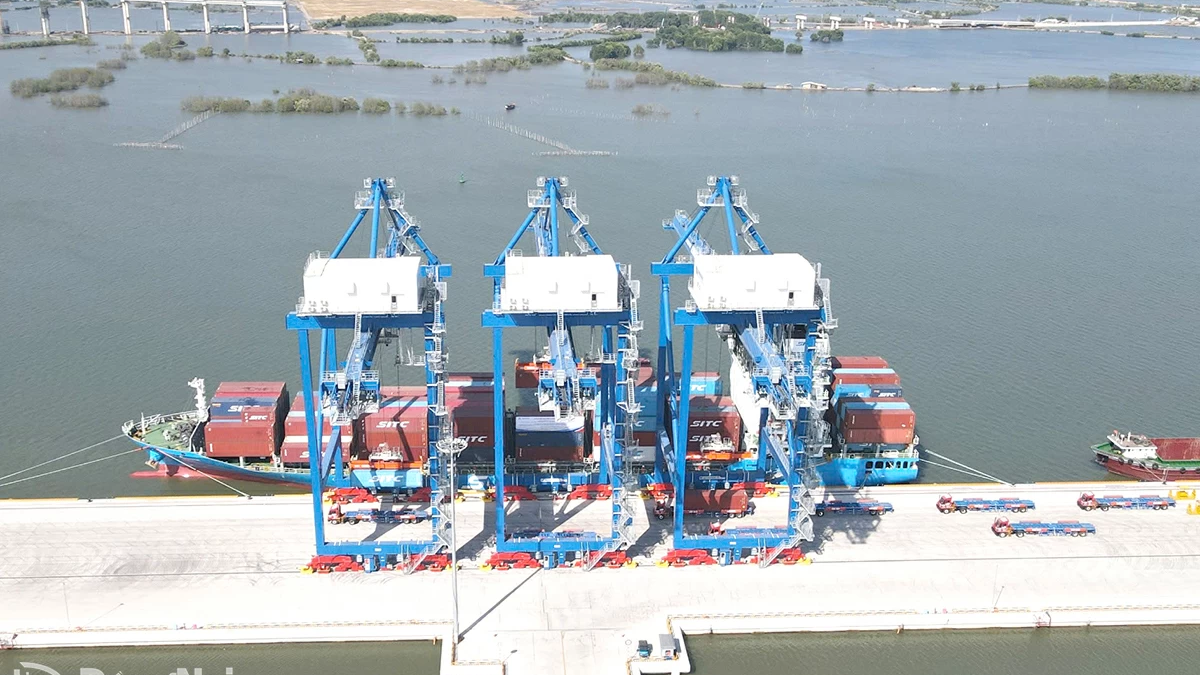

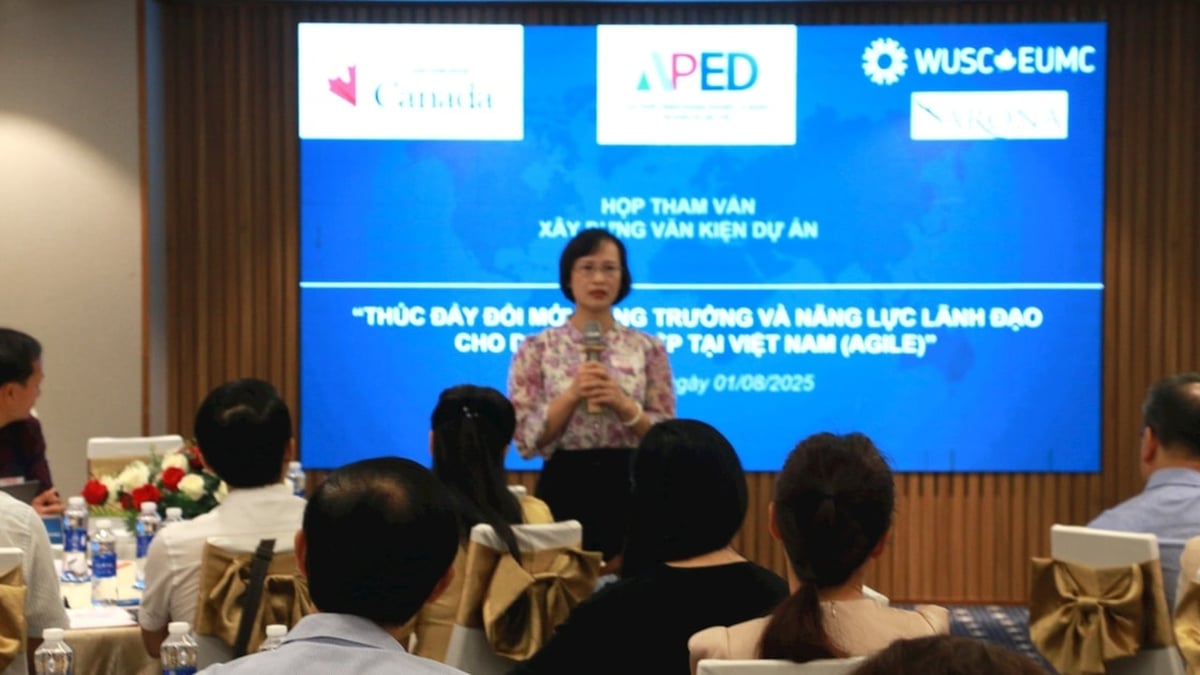
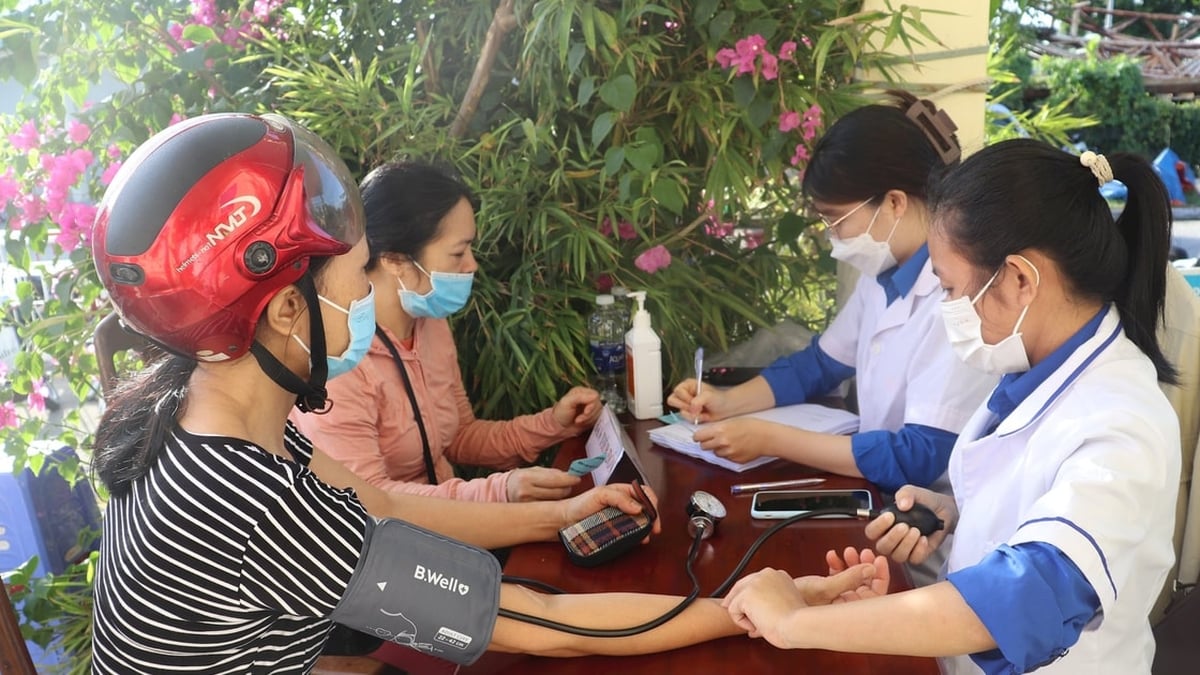
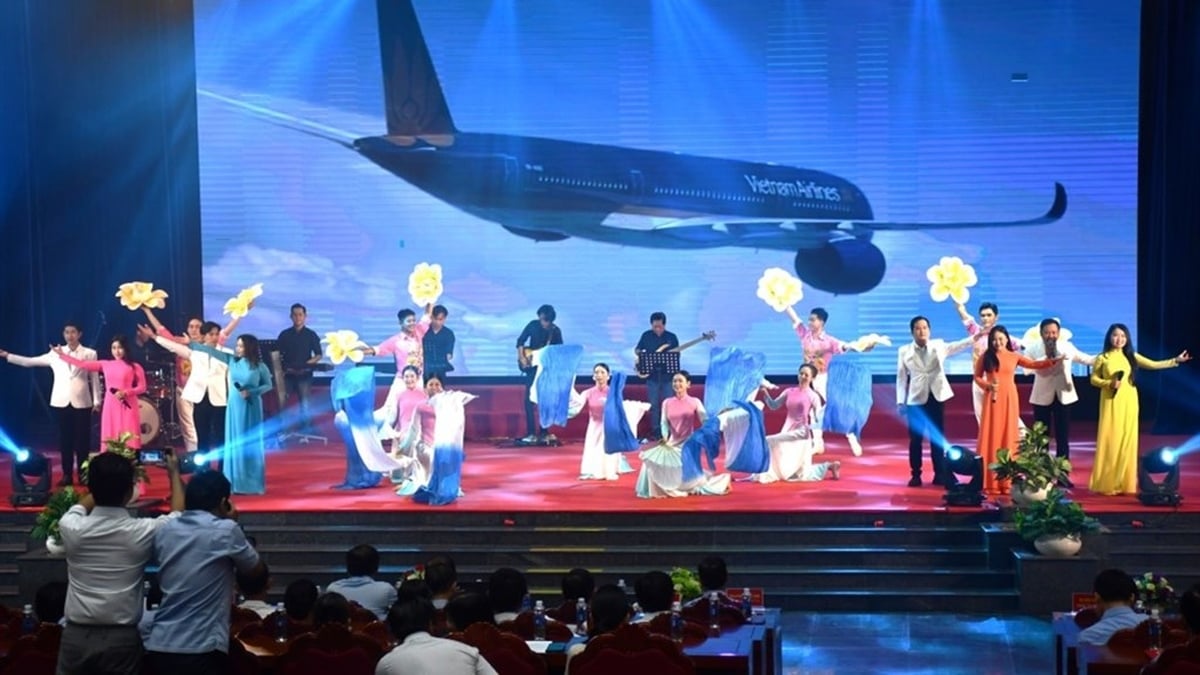













































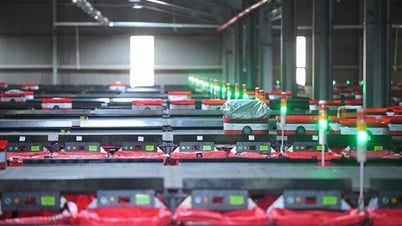

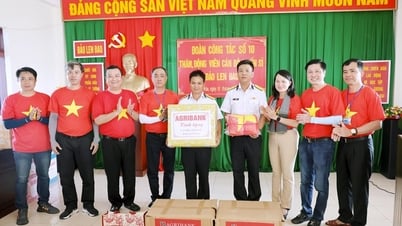

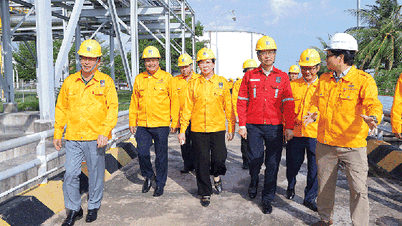









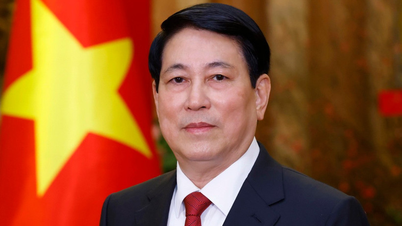
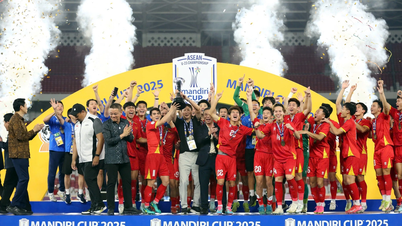

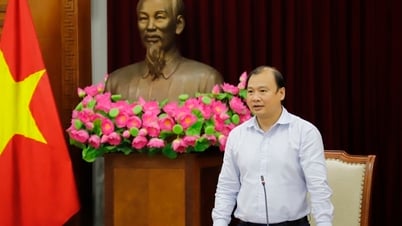

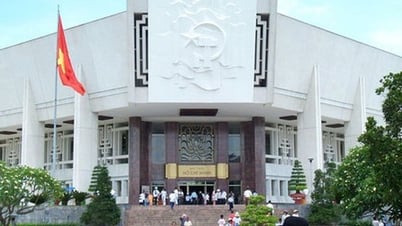




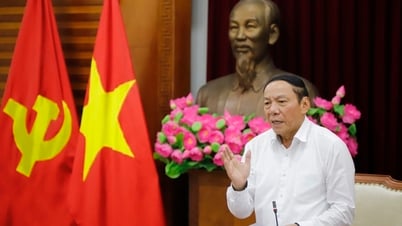






















Comment (0)